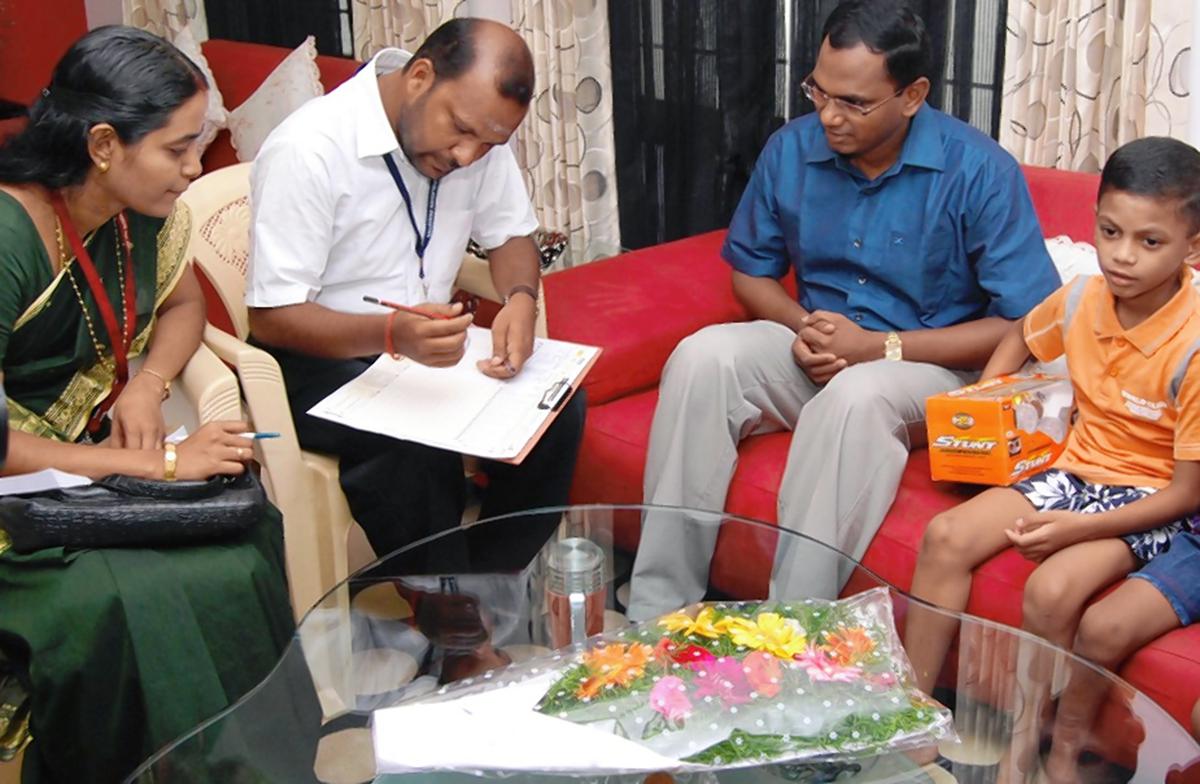October 30, 2023
Caste-Based Surveys and Reservations in Tamil Nadu


Introduction
- The discussion surrounding caste-based surveys and reservations has gained significant attention nationwide. This discourse has spurred debates regarding the limits of reservations. The case of Tamil Nadu provides valuable insights into the complexities and challenges associated with caste-based reservations. Despite concerted efforts, the effective implementation of Other Backward Class (OBC) reservations remains a contentious issue in the state.
Genesis of Ramachandran Commission
Background
- The initial Backward Class (BC) panel led by A.N. Sattanathan in 1969-70 recommended an increase in BC reservations, but the notion of a ‘creamy layer’ failed to garner political support.
Current Backdrop
- In 1980, responding to electoral setbacks, the government of Tamil Nadu, led by M.G. Ramachandran, elevated BC reservations from 31% to 50%, resulting in a total of 68% when combined with SC & ST reservations (later increased to 69% with ST exclusive reservation). This move, however, faced legal challenges, prompting the state government to establish a commission to reassess BC enumeration and classification.
Commission Formation
- The Second BC Commission, chaired by J.A. Ambasankar, was instituted in late 1982 and presented its findings in February 1985.
Key Highlights of the Commission’s Work
Socio-Educational-cum-Economic Survey
- The Commission undertook an extensive door-to-door enumeration of BCs in two stages during 1983-84. Unlike its predecessor, which relied on the 1921 Census, this survey was founded on contemporary data.
Caste Classification
- The Commission identified 298 BC communities within main groups including BCs, Most BCs, Denotified Communities (DNCs), SCs, STs, and others. BCs constituted 67.15% of the state’s population.
Educational Survey
- A sample survey of students in schools and colleges was conducted, accompanied by an evaluation of BC representation in public services.
Key Recommendations
Reservation Quantum Debate
- Contention arose between Chairman Ambasankar and other members concerning the reservation percentage. Ambasankar proposed a reduction to 32% to align with the 50% limit, while dissenting members advocated for at least 50% due to the sizable BC population.
Reservation Coverage
- Differences also emerged regarding the coverage of reservations. Ambasankar suggested separate lists of BCs for Article 15(4) and Article 16(4), whereas members favored a unified list.
Government Response and Legal Safeguards
No Change in Reservation Quantum
- The government opted to retain the 50% BC reservation, rejecting Ambasankar’s proposal for reduction.
Ninth Schedule
- To protect the 69% quota, Tamil Nadu enacted a law and placed it under the Ninth Schedule following the Supreme Court’s Mandal Commission case judgment in 1992.
Subsequent Changes
- Over time, separate quotas for Muslims and Christians were introduced within the BC reservation, but some were later withdrawn or contested.
SC Verdict
- In 2021, the Supreme Court invalidated a law providing 10.5% reservation for Vanniyars within the MBC quota, citing non-contemporaneous data from the Ambasankar panel.
Conclusion
- Tamil Nadu’s experience with caste-based reservations underscores the intricate challenges involved. While the state has maintained a high reservation percentage, debates over quantum and coverage persist. Recent legal developments underscore the significance of contemporary data in determining and sustaining reservations, rendering it a complex and evolving issue.
Gist of daily Article /The Hindu 17oct 2025
October 17, 2025
Daily Gist of the Hindu/Indian Express : 16 Oct 2025
October 16, 2025
Daily Gist of The Hindu/Indian Express: 6 Oct 2025
October 6, 2025
Daily Gist of Article /The Hindu /Indian Express: 24 Sep 2025
September 24, 2025
